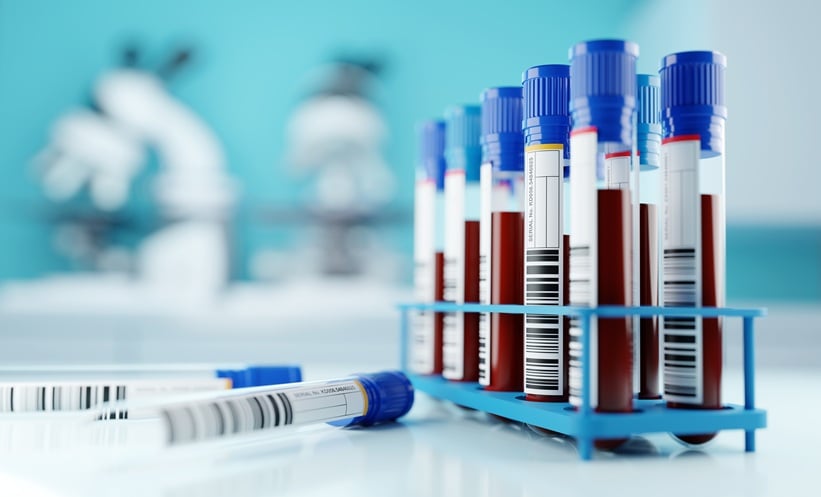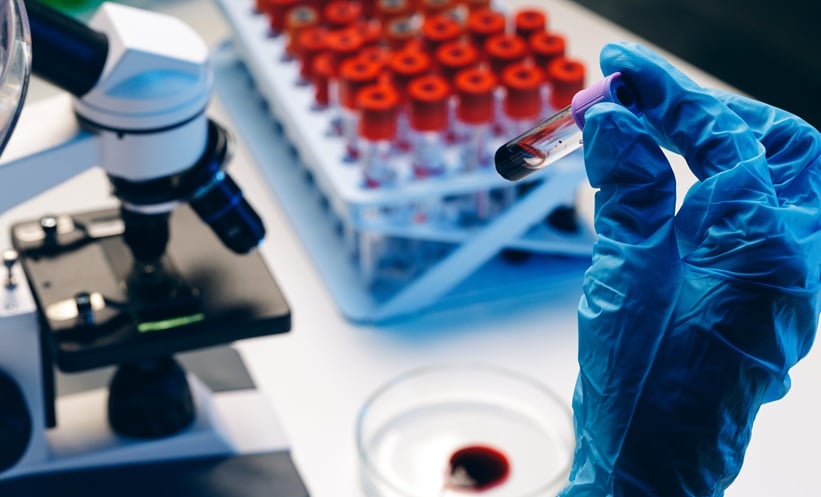HEPATOCELLULAR carcinoma (HCC) is the sixth most common cancer and the third leading cause of cancer-related deaths worldwide. Early diagnosis is critical for effective treatment, yet current methods – such as imaging and traditional blood markers like AFP and PIVKA II – lack the sensitivity, specificity, and scalability needed for large at-risk populations. As a result, many HCC cases are diagnosed at an advanced stage, limiting treatment options and worsening outcomes.
Recent advances in liquid biopsy have offered a new frontier for non-invasive cancer diagnostics. Among emerging biomarkers, cell-free RNA (cfRNA) in plasma has shown potential, particularly in identifying cancers earlier than conventional markers. One such cfRNA, ceruloplasmin (CP) mRNA, has demonstrated promise in detecting HCC, even in its early stages.
A new study has developed and validated a sensitive, cost-effective, and reliable method to quantify CP mRNA in the blood using semi-nested reverse transcription PCR with DNA melting analysis. This approach integrates an internal control for improved accuracy, allowing for the detection of even minute fluctuations in CP mRNA – essential for early-stage diagnosis.
In early-stage HCC patients (BCLC 0 and A), CP mRNA was elevated in 67.9% of cases, outperforming AFP, which detected only 46.4%. Remarkably, in AFP-negative patients, CP mRNA still identified more than half the cases, proving its diagnostic value where AFP fails.
This novel assay not only enhances early detection but also complements existing biomarkers, offering a more comprehensive diagnostic approach. It also overcomes limitations seen in earlier studies, such as those by Roskams-Hieter et al., by providing full methodological transparency and improved sensitivity.
While AFP remains a valuable tool, CP mRNA enhances diagnostic precision, especially in challenging cases. The integration of this marker into clinical practice could significantly improve the early detection, monitoring, and management of HCC.
This research highlights the importance of innovative blood-based diagnostics in bridging current gaps, especially for a complex disease like HCC that involves multiple biological pathways.
Reference
Ngo M et al. Accurate quantification of cell-free Ceruloplasmin mRNA as a biomarker for early detection of hepatocellular carcinoma. Sci Rep. 2025;15(1):14660.








